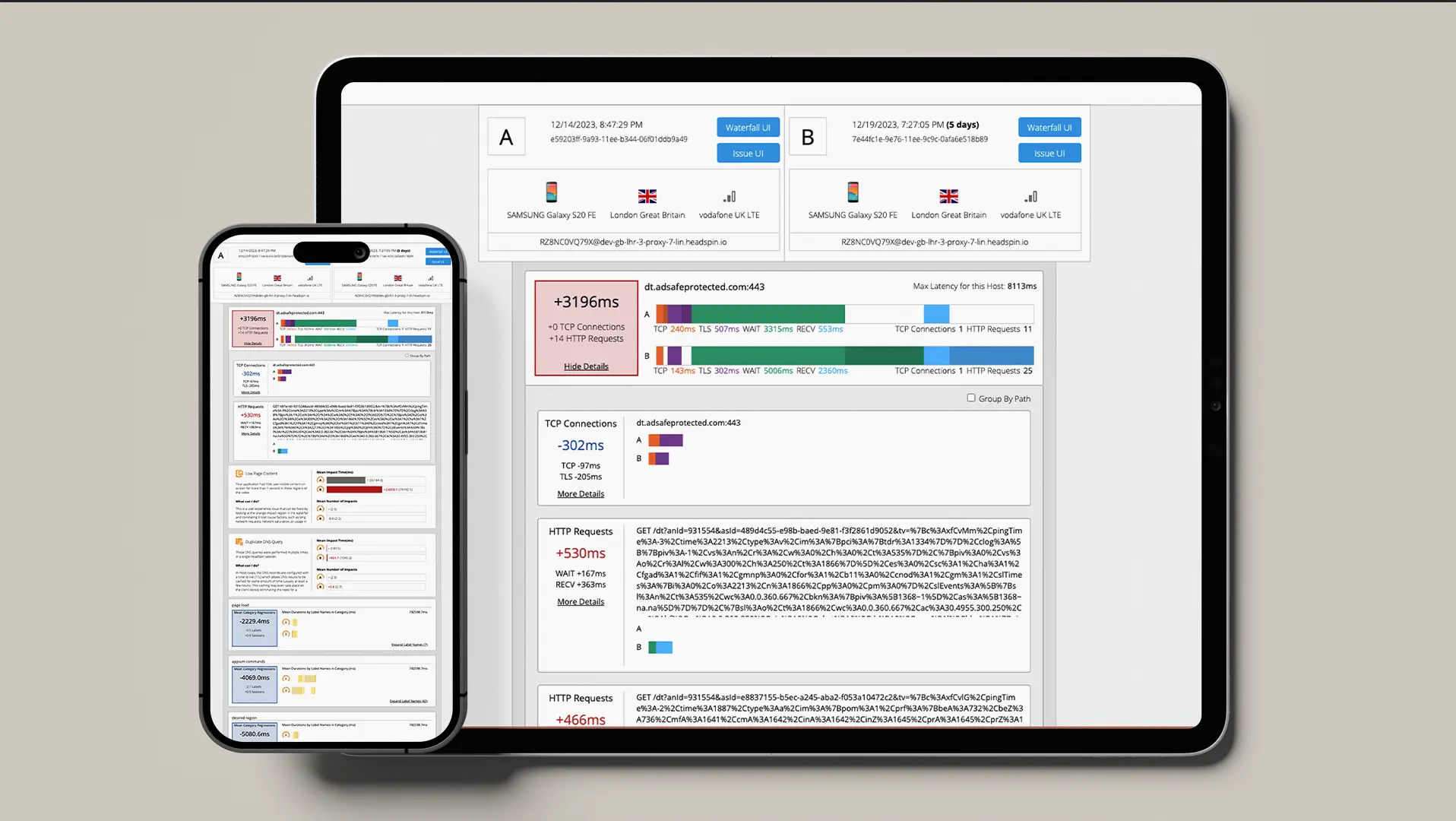AI-Powered Key Takeaways
Ten top questions to ask when hiring a mobile QA Manager
QA managers ensure that an enterprise’s mobile products and services meet a high standard. As a mobile app developer or development company, you will need the assistance of a mobile QA manager to oversee that your product meets the target audience’s basic quality expectations regarding performance, usability, and reliability. However, before you hire a mobile QA manager, you need to ask them certain questions to determine if the applicant has the knowledge and analytical skills about QA processes to succeed in this job. A qualified QA manager knows everything there is about mobile automation testing and frameworks, for example, important tools like Appium.
Nevertheless, it can be an overwhelming experience to figure out the right questions to ask in this situation. To help you start, we have compiled a list of 10 important questions that you must ask before hiring a mobile QA manager.
Q1. What do you think are the biggest challenges in a complex mobile testing environment?
The answer to this question could include answers like the following:
- Understanding the importance of different mobile networks and user mobility
- Understanding the importance of localization
- Determining screen size fragmentation
- Android device fragmentation, especially regarding the operating system and its versions, based on specific differences such as price, local market, and hardware
The purpose of asking this question is to determine whether the candidate is well-versed in the real-life scenarios of the complex testing environment.
Read: A Comparative Guide to Automation and Manual Testing
Q2. What is the best approach and tactic to successfully and extensively test mobile applications?
This question will help you determine the QA manager’s experience with both automated testing and manual testing. Because there is no one best approach, you would want the candidate to give a nuanced answer that reflects the complexity of different applications having different needs, different teams having different skills, etc… A qualified QA manager could explain to you why an integrated testing approach combining both manual and automated testing methods, for example, would be the ideal and most effective long-term strategy.
Q3. In continuation with the previous question (automated and manual testing), what test cases should be performed manually, and which ones should be automated?
There are several guidelines that help in determining the best approach for test cases – which one should be automated, and which one should be done manually. You would expect the candidate to talk about the following points in favor of test automation:
- Automating test cases that run on multiple software and hardware platforms and configurations
- Automating those test cases that are extremely difficult or somewhat impossible to perform manually
- Automating test cases that are highly tedious and monotonous
- Automating test cases that are predictable with easily verifiable results
- Automating test cases that are easy to automate
- Automating test cases that are highly frequent
For manual testing, the favorable answers include:
- If certain parts of the mobile application will be changed or modified in the future, then there is no point in writing scripts for these test cases as they will be unusable quite soon
- Manual testing is ideal in situations where the test case is highly complicated or when it is taking a significant amount of time to set up an automated test case
Check: Why is Cloud Automation Testing gaining popularity?
Q4 What are the mobile test automation frameworks that you have worked on and are familiar with? Tell us about their pros and cons.
This is a direct question about automated testing. While QA managers are not required to write test scripts, having a thorough knowledge of the popular automation testing frameworks, such as Appium testing, Espresso, Calabash, Robotium, and UI Automation, among others is a must. Most importantly, the candidate must know the advantages and disadvantages of each framework.
Accelerate Appium test cycles with the HeadSpin. Know more.
Q5. How to effectively leverage mobile test automation?
There is no predefined answer to this question. The answer depends on the implemented strategy. Nevertheless, the answer should reflect the following aspects:
- CI integration could prove to be valuable in effectively leveraging mobile test automation. It can integrate the test infrastructure into the development pipeline, helping the information to flow faster.
- Test automation helps in delivering information faster, however, it doesn’t have a great value if the test results don’t reach a developer.
- As a QA manager, his/her role will be to assign the right developer for the job, who has the right knowledge and information so that they can fix issues.
Read: Why is Real Device Cloud Critical in App Testing?
Q6. What differentiates a good test case from a bad test case? Give examples.
The QA manager you are looking for should give you a clear definition of what a bad and a good test case is, including examples.
A good test case can be defined as a short and clear description of what is expected from the mobile application. On the other hand, a bad test case is undescriptive.
- Good test case example:
- Download, install and launch the application from PlayStore
- Sign in using "test@appiumtesting.com" with password "Appium"
- It should take no more than 5 seconds before you are directed to the app interface
- Bad test case example:
- Install
- Launch
- Login
Q7. How would you decide on OS and OS versions, and mobile devices for testing?
The answers your QA manager candidate gives should include the fact that the majority of applications developed these days are global apps. So, it is an intelligent move to use global sources. If your app is not available worldwide, the local market should be researched before deciding on the mobile devices and OS versions for testing.
Test your apps on real devices and get accurate results. Know more.
Q8. What are your thoughts on Continuous Integration (CI) in the app development process?
The answer should include that CI is an integral part of mobile app testing because the development process is quite agile. Moreover, ask for their opinions and experience with specific CI environments, such as Jenkins.
Q9. What are the first three things you would do after joining our company?
This is a tricky question and needs to be answered well. You would want the candidate to ask you questions about how your testing process works. Basically, you want to ensure that they are going to understand existing processes and work to improve them from a place of knowledge.
Also check: Benefits of Automated Testing in App Development
Q10. If you end up working on a project that hasn’t had test automation done yet, what kind of tests do you aim to set up if you have limited resources?
The candidate should list the most important things to be tested and suggest the known issues and test critical features that the app already has. In particular they should describe how to weigh features against each other in terms of value to the company. Based on their assessment, they should be able to allocate the right resources.


























.png)


























-1280X720-Final-2.jpg)






